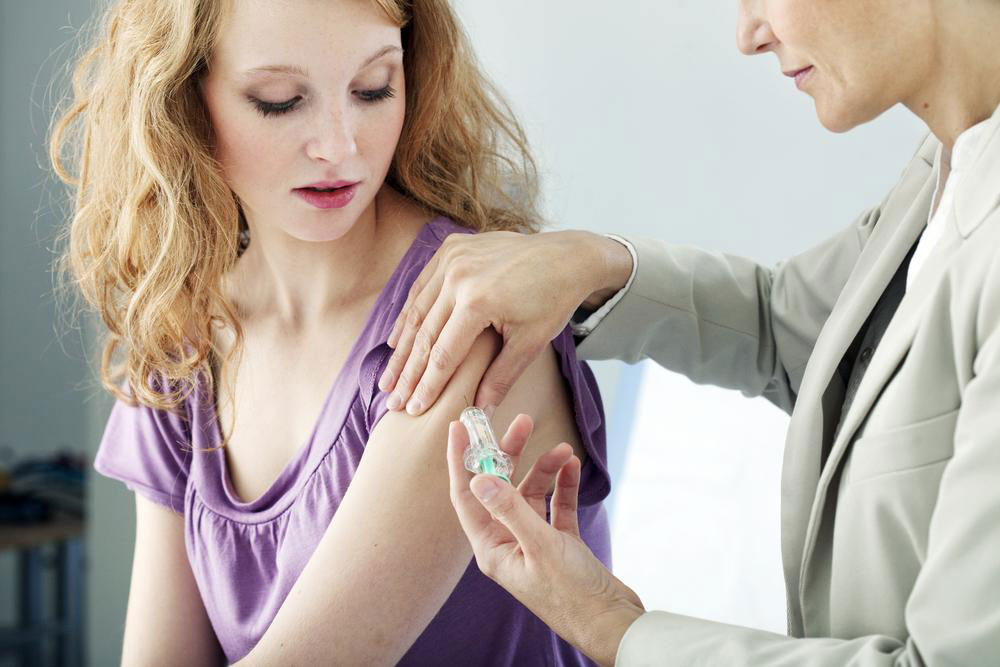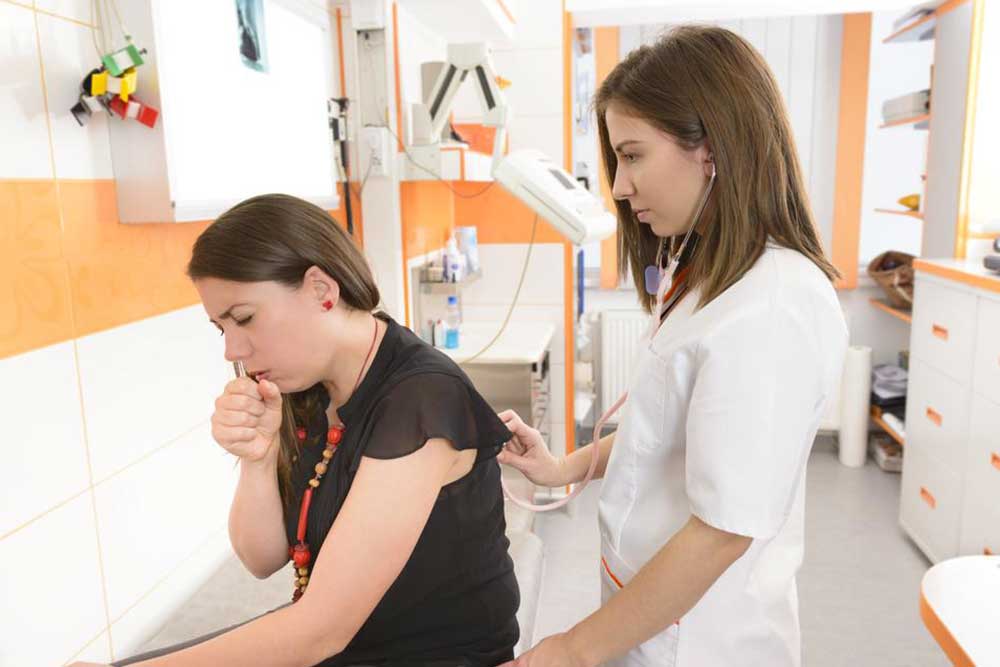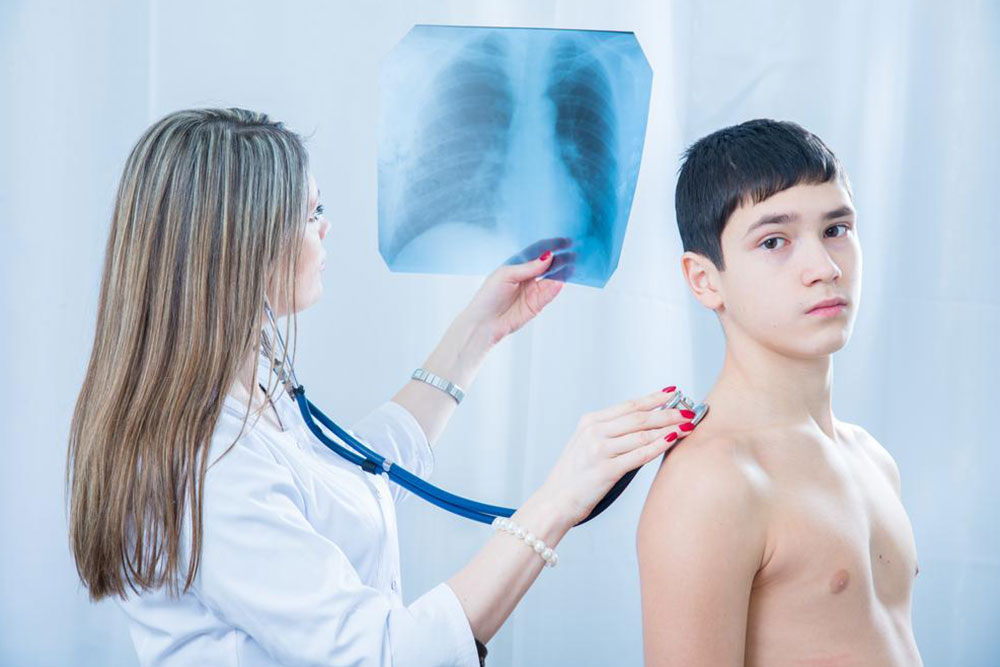Comprehensive Guide to Pneumococcal Vaccination for Preventing Pneumonia
This comprehensive article discusses pneumococcal vaccines, highlighting who should get vaccinated, how the vaccines work, potential side effects, and the importance of timely immunization to prevent severe pneumonia. It emphasizes consulting healthcare providers for personalized recommendations and clarifies common concerns about vaccine safety and efficacy.

Pneumococcal infections are prevalent among both children and adults, with older adults facing a greater risk of severe illness and death. Annually, approximately 16,000 seniors aged 65 and above in the U.S. succumb to complications from pneumococcal disease, which can affect the lungs, bloodstream, and nervous system. Luckily, prevention is possible through two main types of pneumococcal vaccines.
Who Should Consider Vaccination?
The pneumococcal vaccine is particularly recommended for seniors over 65, as their immune defenses weaken with age, increasing their vulnerability to pneumonia. Additionally, individuals with compromised immune systems due to HIV/AIDS, chemotherapy, organ transplants, or heart conditions should receive the vaccine. Smokers, excessive alcohol consumers, and those recovering from surgery or serious illness are also advised to get vaccinated. Healthy adults aged 18-65 generally do not need the vaccine unless prescribed by a healthcare provider. People allergic to vaccine components should avoid it. Always consult your doctor to determine the right timing for vaccination.
Vaccine Mechanism
There are two primary vaccines: PCV13, covering 13 bacterial strains responsible for pneumonia, and PPSV23, providing broader protection against 23 strains. The recommended schedule involves first administering PCV13, followed by PPSV23 approximately one year later.
Potential Side Effects
The vaccine contains weakened bacteria extracts which may cause mild adverse effects such as slight fever, irritability, loss of appetite, muscle soreness, or redness at the injection site. Serious allergic reactions are rare, occurring in less than 1% of cases. Most side effects are mild and temporary.
Important Note:
This article provides general information about pneumococcal vaccination and health conditions. It should not replace professional medical advice. Consult healthcare professionals for personalized guidance and treatment options.









